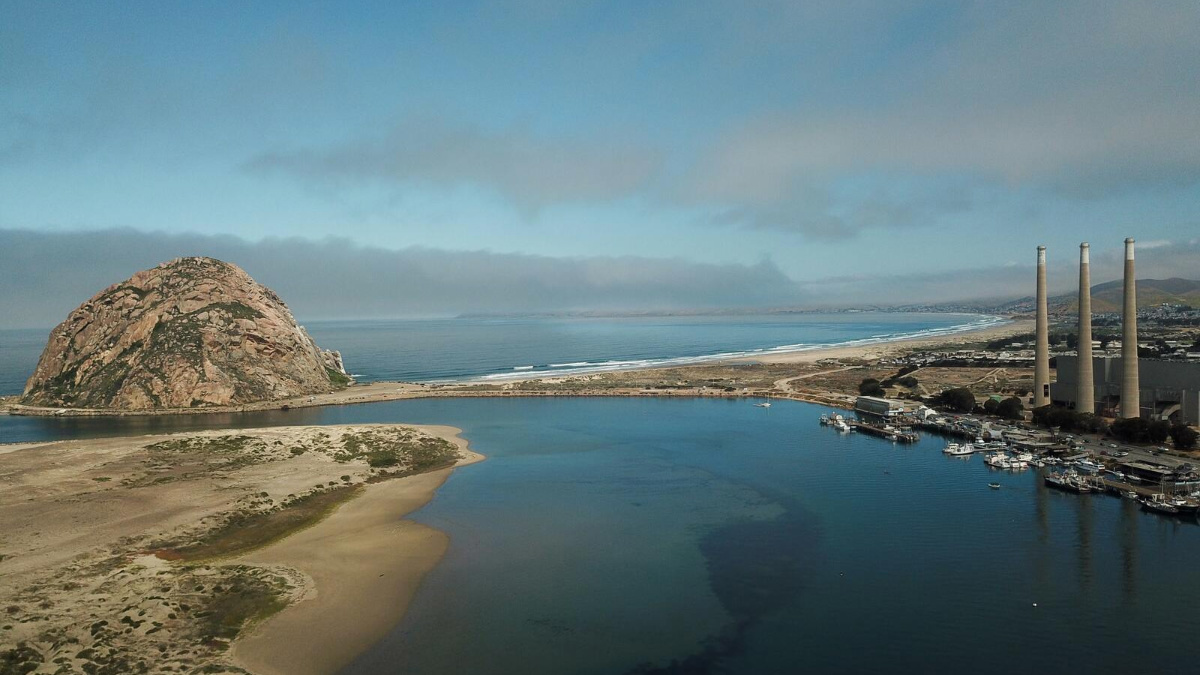Coal plants have increased regulations from a newly passed bill signed into law by Gov. Gretchen Whitmer. | Unsplash
Coal plants have increased regulations from a newly passed bill signed into law by Gov. Gretchen Whitmer. | Unsplash
State Rep. Gary Howell (R-Deerfield Township) sponsored Michigan Public Act 85 of 2020, which was signed into law by Gov. Gretchen Whitmer last week.
“The purpose of this bill was to update Michigan’s coal ash management system in order to be consistent with Environmental Protection Agency standards and allow the state government to assume regulatory oversight over the federal program,” Howell said in a press release from the GOP House Website. “This bipartisan plan will increase protections for Michigan’s environment, while also reducing risks to human health.”
The bill has language changes that integrate existing EPA laws and standards. Some of this language involves defining what a coal use landfill is. The bill will help to enhance reporting standards, streamline compliance requirements and help to temper rising utility costs for Michigan residents.
Consumers Energy and DTE Energy are two of the largest power companies in Michigan, according to the press release. They are changing operations and switching from burning coal to more sustainable and renewable energy.
Consumers Energy submitted a closure plan that included reducing the size of its landfill. Currently, it measures more than 60 feet high.
Across the state, coal-fueled power plants are being torn down. With their demolition, it leaves waste in the landfills for years to come that could be potentially harmful.
There have been historic accidents in the past with coal-ash polluting bodies of water. Nine years ago, hazardous waste that accidentally fell in Lake Michigan made front-page news.
““As Chairman of the House Committee on Natural Resources, I remain committed to protecting Michigan’s waterways. The coal ash waste generated by coal-burning power plants could contribute to water pollution if not properly contained,” Howell said in the press release. “I applaud the Department of Environment, Great Lakes, and Energy, the environmental groups, and the various industries for working with me in such a cooperative fashion in order to find a solution to this potential problem.”
Additionally, environmental rights groups examined the soil under coal plants, according to the press release. The soil contained substances such as arsenic.


 Alerts Sign-up
Alerts Sign-up